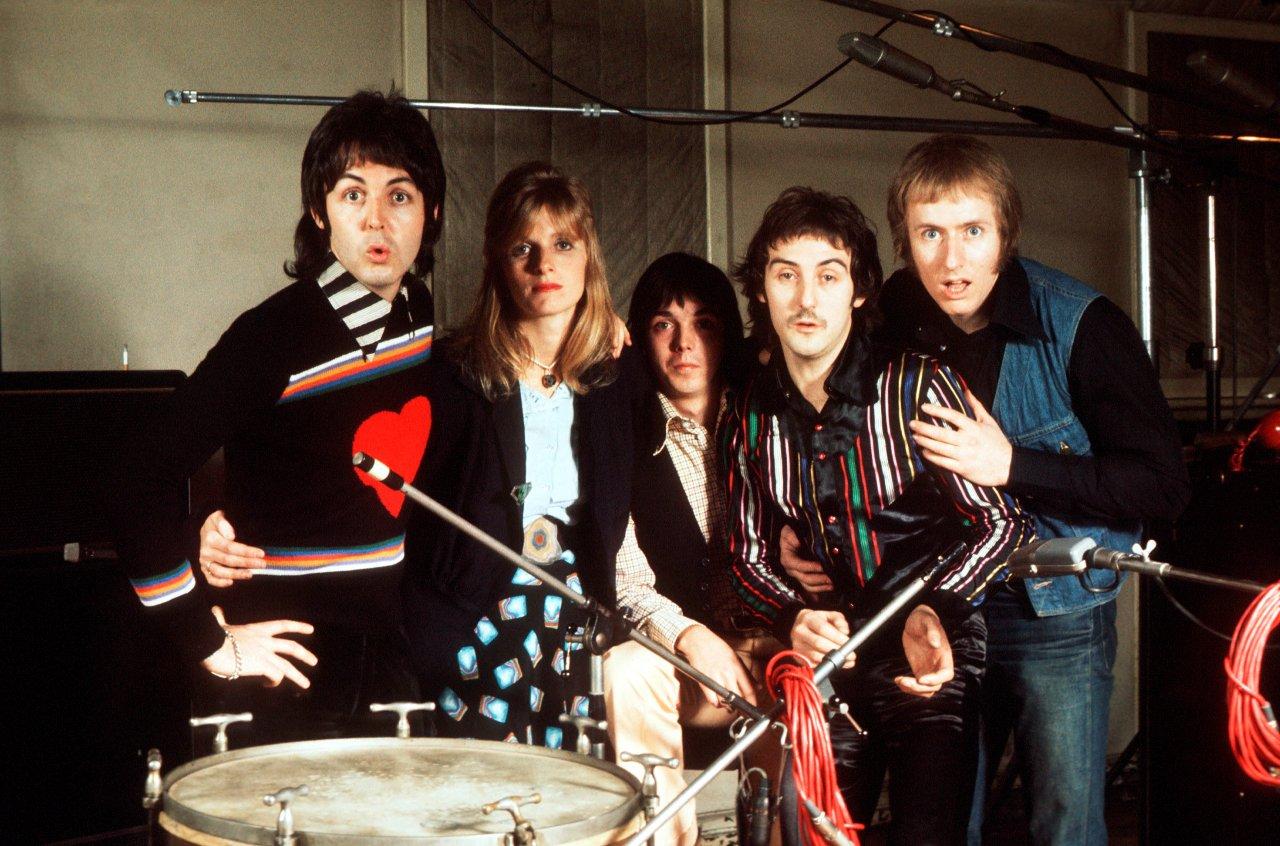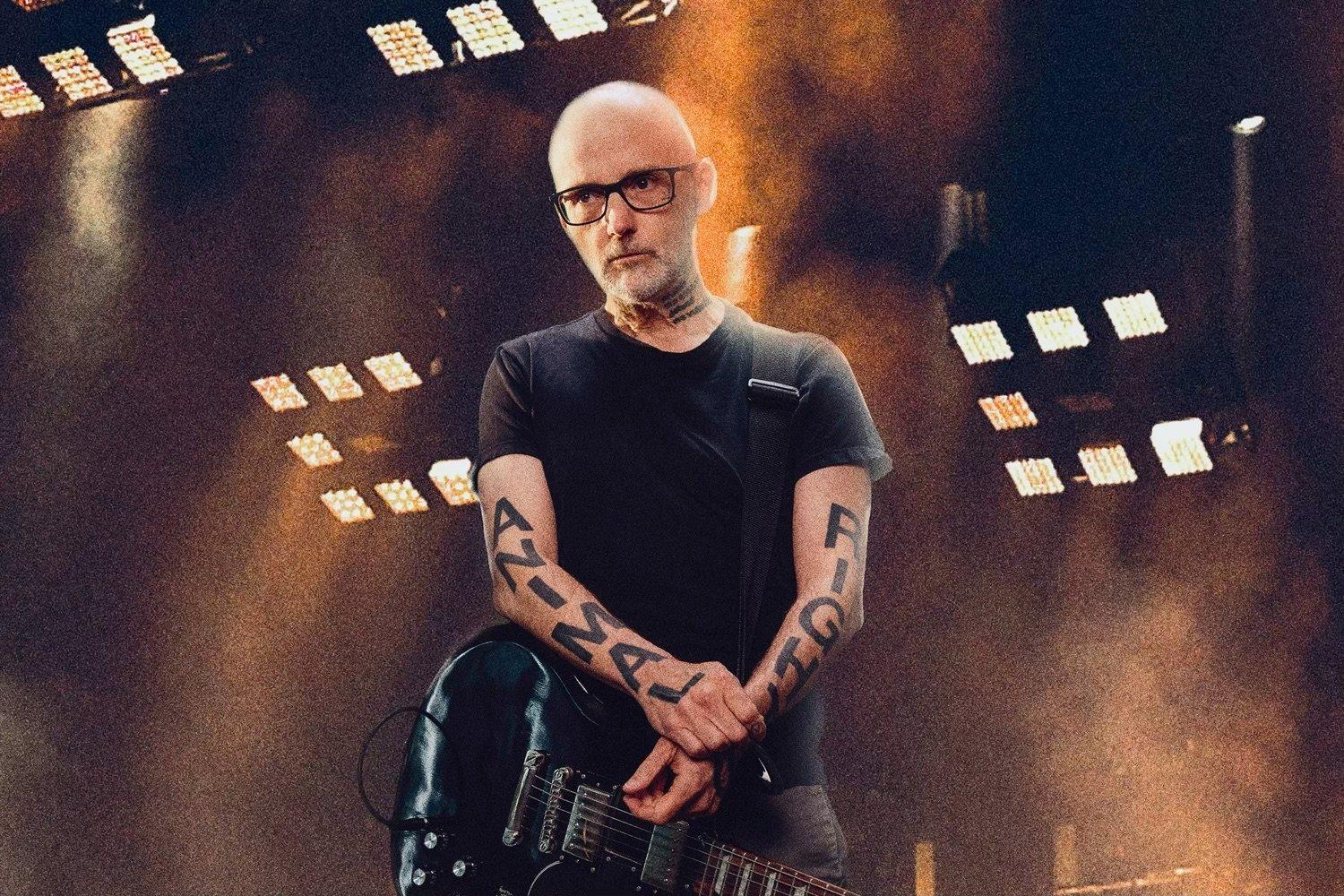As the deafening applause from last Sunday's 54th Annual GRAMMY Awards moves from the exciting heat of the moment to a warm afterglow, it's time to turn the page and look forward. The good news is Music's Biggest Night will be back — after all, it's less than 365 days until the 55th Annual GRAMMY Awards.
Unlike football, which goes on hiatus after the Super Bowl, thankfully music is a year-round sport. Following is a brief summary of how some GRAMMY winners are mapping the rest of 2012.
Adele
Winner: Album Of The Year, Song Of The Year, Best Pop Solo Performance, Best Pop Vocal Album, Best Short Form Music Video
Adele made arguably one of the most stunning returns to the stage in recent history at the 54th GRAMMY Awards, her first performance since undergoing vocal-cord surgery. But whether the singer will continue to wow crowds with live performances in the near future remains to be seen. "We have to ease her back," manager Jonathan Dickins told Billboard. "While she's fully recovered, like any injury you need to build your strength back up." In the immediate future, Adele is scheduled to perform at the Brit Awards 2012 on Feb. 21, and "Rumor Has It" was recently confirmed as the fourth single from her GRAMMY-winning album 21. While the album is headed for its 21st week atop the Billboard 200, fans may be in store for a new set of songs from the British songstress. "I [have] a few days off now, and then it's the Brit Awards here at home and then I'm straight into the studio," Adele wrote on her website, squashing recent reports that she'd be taking a four- to five-year break. "Five years? More like five days!"
Alison Krauss & Union Station
Winner: Best Bluegrass Album
The angelic-voiced Krauss moved one step closer to history in picking up her 27th GRAMMY. She is now tied with Quincy Jones for second place for most GRAMMY Awards won, trailing only Georg Solti. Most immediately, Alison Krauss & Union Station will be featured in the special theme song for the 500th episode of "The Simpsons" on Feb. 19. Beginning March 17 in Nashville, the bluegrass quintet will head out on a U.S. tour in support of the GRAMMY-winning Paper Airplane, with dates booked through July.
The Civil Wars
Winner: Best Country Duo/Group Performance, Best Folk Album
The Nashville-based duo consisting of John Paul White and Joy Williams is set to do some traveling, with a UK tour beginning in March and a date scheduled in Turkey on April 4. The Civil Wars have also booked a couple of U.S. dates, including shows in Denver and Salt Lake City starting in late May. Activity may be scarce thereafter, as Williams is expecting her first child with husband Nate Yetton in June. "I'm feeling butterflies but I can't tell if it's my baby kicking or the actual butterflies itself," Williams recently told People.
Chick Corea
Winner: Best Improvised Jazz Solo, Best Jazz Instrumental Album
The seemingly ageless jazz keyboardist pulled down his 17th and 18th GRAMMYs this year. Corea is playing live dates nearly throughout the year, in Europe in March, Canada and the United States at the beginning of April, back to Europe in mid-April, June and July, back to the States in August, and back to Europe in November (we're tired just thinking about it). On Valentine's Day, Corea released the Japanese import Piano Concerto: The Continents.
Joyce DiDonato
Winner: Best Classical Vocal Solo
Following a performance at the Pre-Telecast Ceremony, where she also enthusiastically accepted her first career GRAMMY Award for Best Classical Vocal Solo, DiDonato is hitting the road for performances with several music collectives, including the New York Philharmonic. Beginning Feb. 17, DiDonato will perform in several cities across the United States and Europe, including Philadelphia (Feb. 24), Madrid (March 4) and Amsterdam (March 6).
Melanie Fiona
Winner: Best R&B Song, Best Traditional R&B Performance
Fiona got her first taste of GRAMMY victory, picking up honors for "Fool For You" with Cee Lo Green. The artist is set to release her sophomore album, The MF Life, on March 20. The album's first single/video, "4 AM," premiered last fall. "This new album broadens my musical spectrum," she told SingersRoom.com. "With The MF Life, I'm opening up more. …"
Foo Fighters
Winner: Best Rock Performance, Best Hard Rock/Metal Performance, Best Rock Song, Best Rock Album, Best Long Form Music Video
In addition to dates in Singapore, Japan and Argentina this spring, Foo Fighters have two U.S. festival appearances on their 2012 live itinerary thus far, with performances at the New Orleans Jazz & Heritage and Bamboozle festivals scheduled in May. Fresh off their Best Long Form Music Video win, Grohl is following up with more film work in the form of a documentary on Southern California's Sound City Sound. Grohl has spent the last few months making the film, which will be a tribute to the studio that has housed the making of albums such as Nirvana's Nevermind, Fleetwood Mac's Rumours and Slipknot's Iowa, among others. Artists featured in the film include Trent Reznor, Tom Petty, Stevie Nicks, and former Nirvana bassist Krist Novoselic. The film's release date has yet to be announced. And while it's not confirmed, a new album could accompany the film. "We released a trailer … there may be an album that accompanies [the film]," Grohl told MTV.com.
Cee Lo Green
Winner: Best Traditional R&B Performance, Best R&B Song
Coming off a Super Bowl halftime performance with Madonna and two wins at the 54th GRAMMY Awards, Green continues in his role as a team leader on season two of the TV show "The Voice." The new season premiered Feb. 5. Given his busy TV schedule, his only concert appearance currently scheduled is an April 13 date in Mashantucket, Conn.
Lady Antebellum
Winner: Best Country Album
Fresh off their seventh career GRAMMY win, country trio Lady Antebellum — Dave Haywood, Charles Kelley and Hillary Scott — are embarking on a full-fledged tour beginning Feb. 17. Stops include a return to Staples Center in Los Angeles on March 27, where the trio recently took the stage to present the Album Of The Year honor to Adele, as well as stops in Nashville (April 10), Toronto (June 16) and London (July 16). The group performed at a sold-out concert in Salt Lake City the day following the GRAMMYs, where they recorded a meet-and-greet and thank-you video for their dedicated fans where Scott mentioned her favorite GRAMMY moment: watching a friendship build between fellow country artist Miranda Lambert and Lady Gaga. "We want to say thanks for the GRAMMY, it was an incredible night," said Haywood.
Louis C.K.
Winner: Best Comedy Album
The writer ("Late Show With David Letterman," "Late Night With Conan O'Brien") and star of the FX comedy series "Louie" has several upcoming plans. He is currently working to create a sitcom for CBS about a group of young people trying to achieve their dreams in spite of the global economic downturn, and he will host the 68th Annual Radio & Television Congressional Correspondents Dinner in Washington, D.C., in June.
Maná
Winner: Best Latin Pop, Rock, Or Urban Album
Latin rockers Maná, who earned their fourth GRAMMY this year, have U.S. tour dates lined up through March and April, including cities such as Dallas, Houston, Los Angeles, Miami, and New York, as part of the second stage of their Drama And Light tour. They'll also appear at Rock In Rio Madrid in Spain on June 30. On Jan. 30 they debuted the new video for their track "Mi Reina Del Dolor," from Drama Y Luz.
Paul McCartney
Winner: Best Historical Album
On Feb. 7 McCartney released Kisses On The Bottom, a new album consisting of his favorite American standards and two new songs. McCartney performed one of the new songs, "My Valentine," on the 54th GRAMMY Awards telecast. "I imagine people coming home, cracking open a bottle of wine or whatever's your tipple, putting the album on, kicking back and relaxing," said McCartney in a recent Billboard interview. Though an official announcement is pending, the Beatle legend says a tour is on the horizon. "I've got a meeting coming up with my promoter, who I hear has some nice, interesting ideas for me," said McCartney. "So we'll start to put that together [and] map out our live dates this year."
Skrillex
Winner: Best Dance Recording, Best Dance/Electronica Album, Best Remixed Recording, Non-Classical
Three-time winner Skrillex embarked on a European tour that started Valentine's Day and will run through April 25. Those of you lucky enough to live, or who are visiting, across the pond, can catch Skrillex in cities such as Liverpool, London, Berlin, and Munich. His latest EP, Bangarang, was released in December 2011. It's all a far cry from the illegal Los Angeles warehouse space Skrillex said he was living in while making his Best Remixed Recording.
Taylor Swift
Winner: Best Country Solo Performance, Best Country Song
After taking home her sixth career GRAMMY Award, Swift is set to tour Australia, New Zealand and Canada beginning March 2. The day following her performance on the 54th GRAMMY Awards, Swift debuted the chilling video for "Safe & Sound," a track featuring fellow GRAMMY winners the Civil Wars that is set to appear as the lead single on the Hunger Games soundtrack. Swift, an advocate for the Read Across America Day campaign, is also set to appear in the animated Dr. Seuss film, The Lorax, which premieres March 2. Swift is also reportedly working on her follow-up to the smash hit Speak Now. "I've been writing so much in the last year," Swift told MTV. "I'm trying to be a sponge with this record. You have to evolve. …"








.webp)





